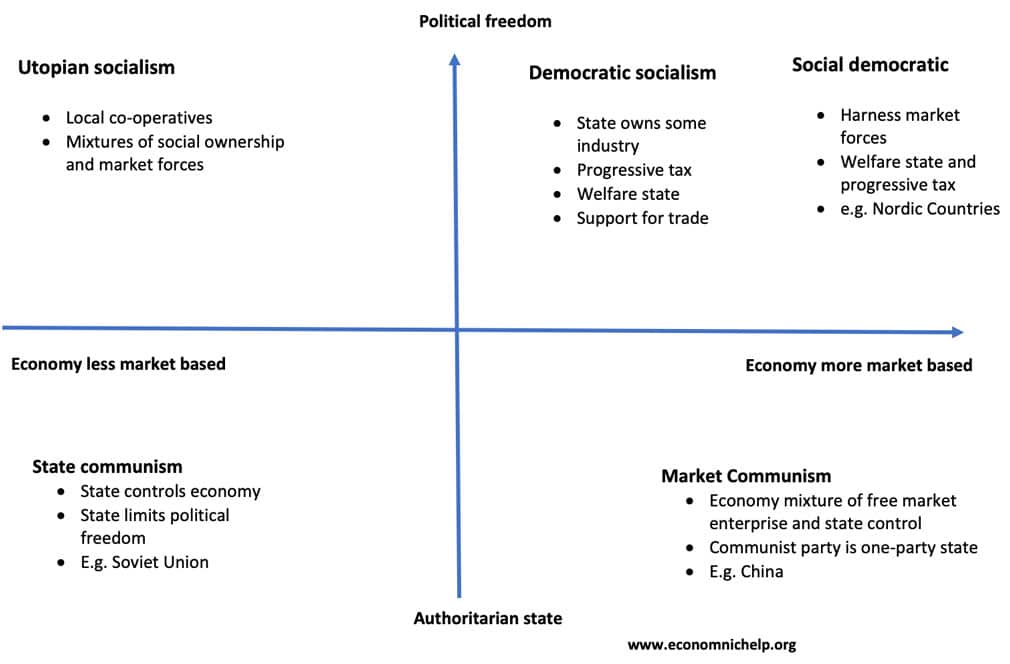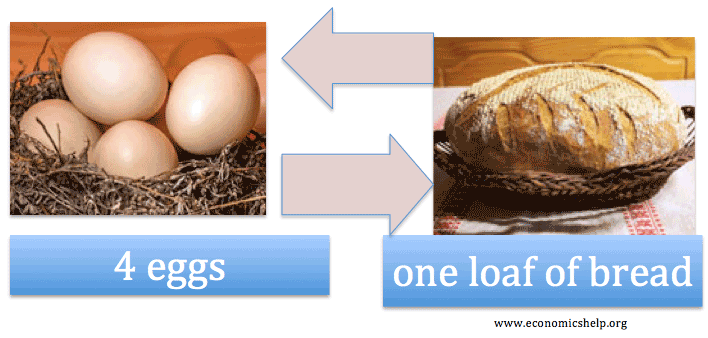Difference between consumption and investment
Consumption is the purchase of goods and services for the acquisition of current utility. Investment is expenditure on capital goods for the acquisition of future utility. Investment increases the capital stock. Examples of the difference between consumption and investment A householder buys a car so that they can travel around to work and leisure activities. …


